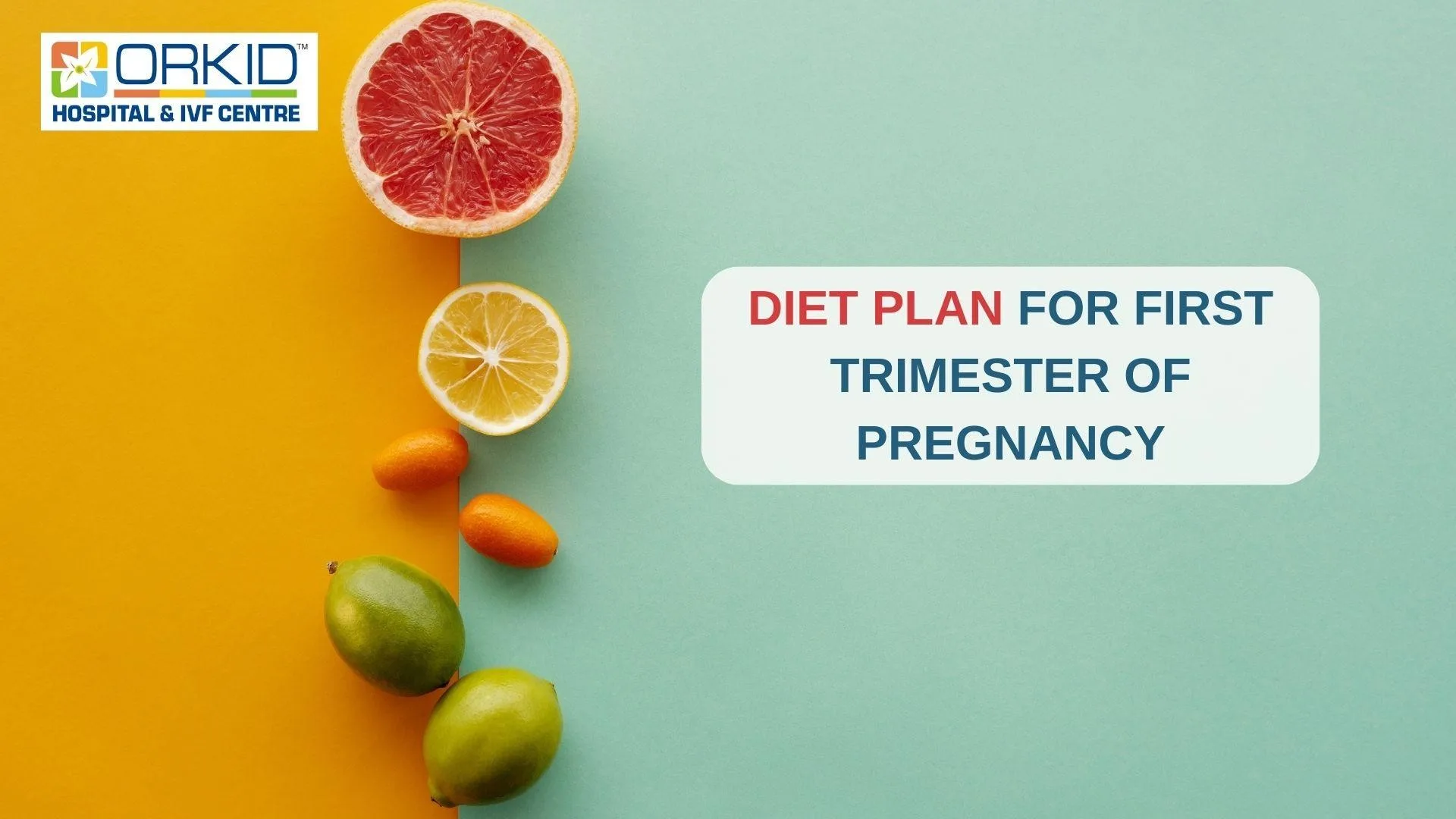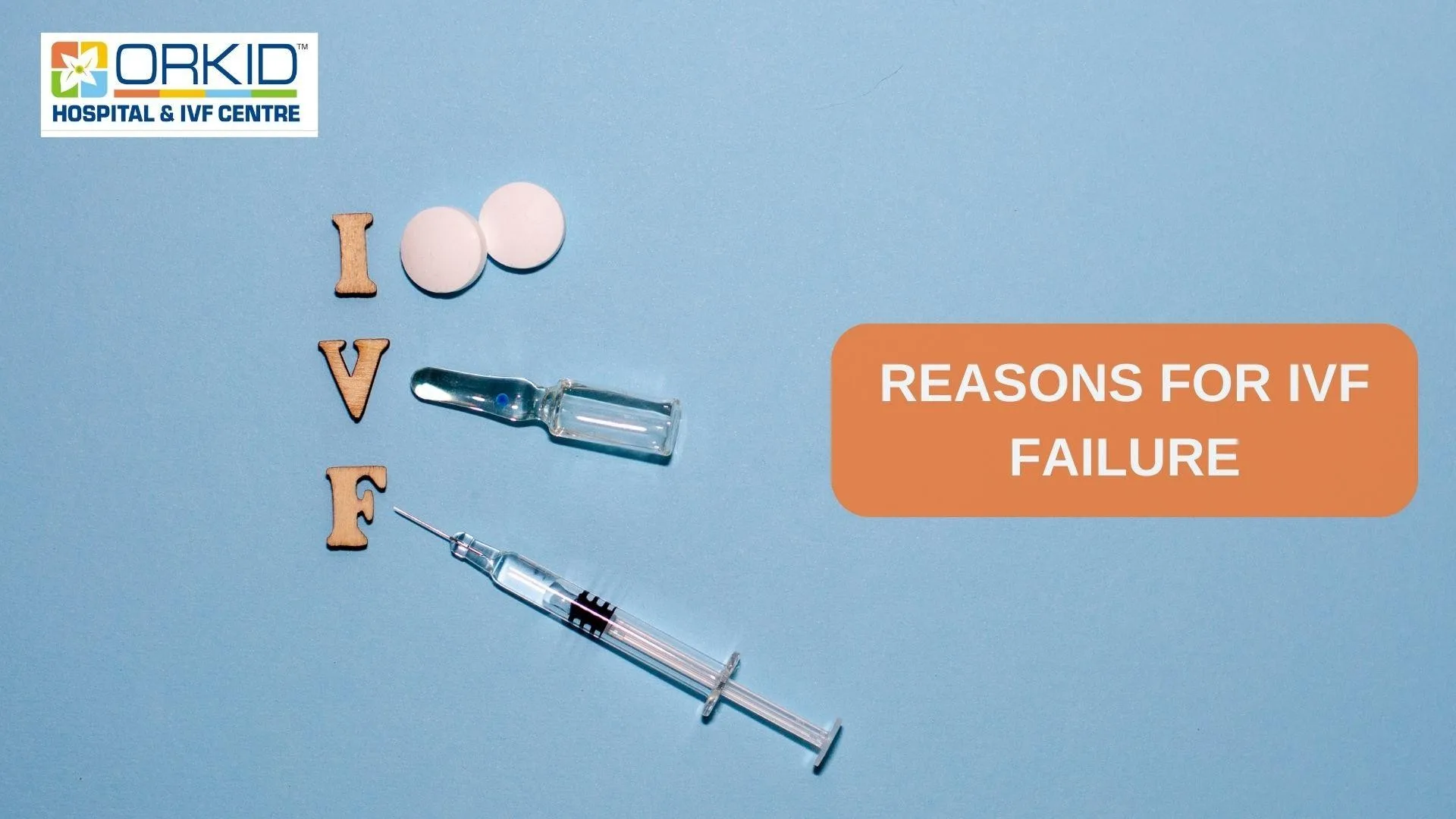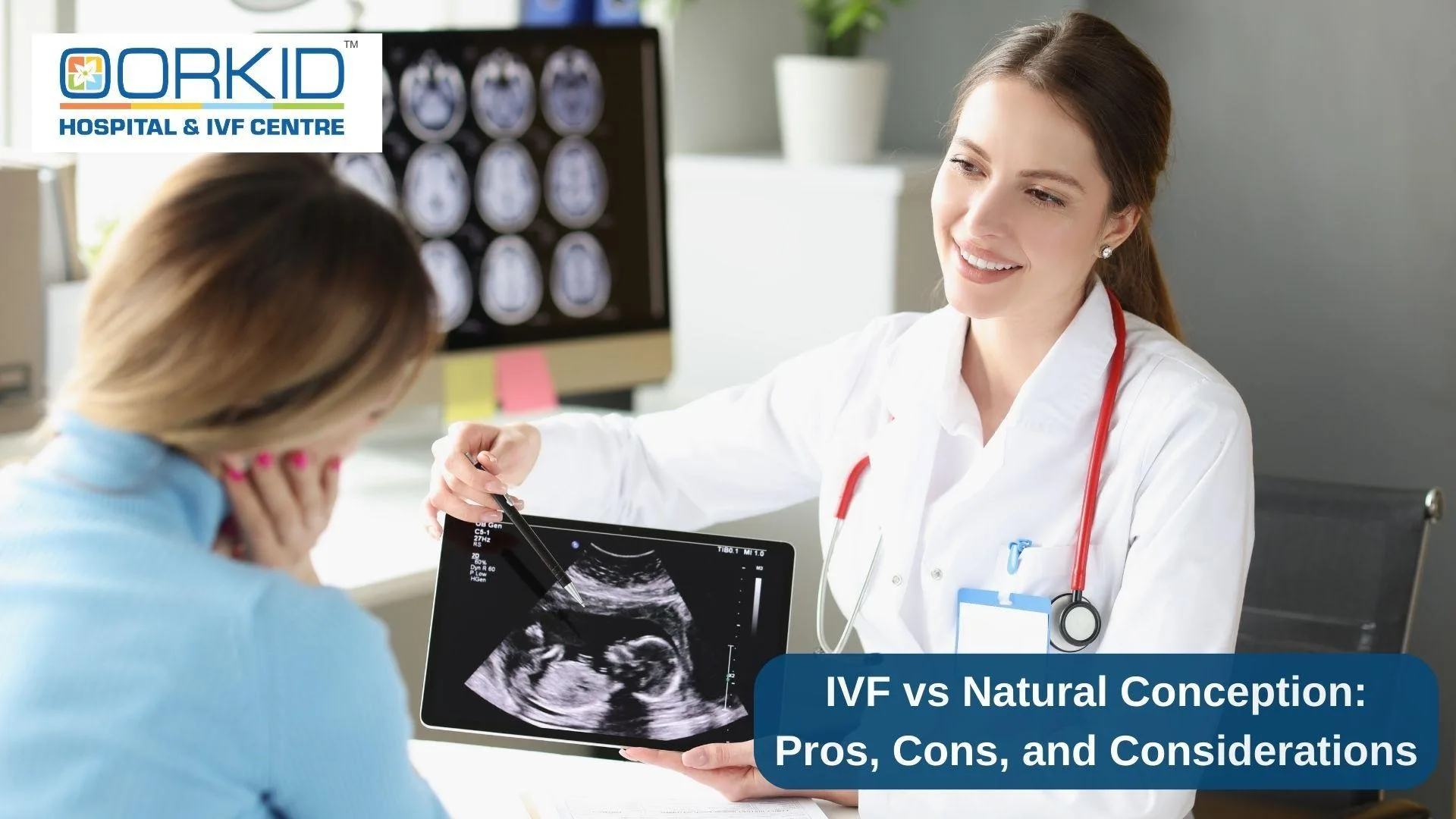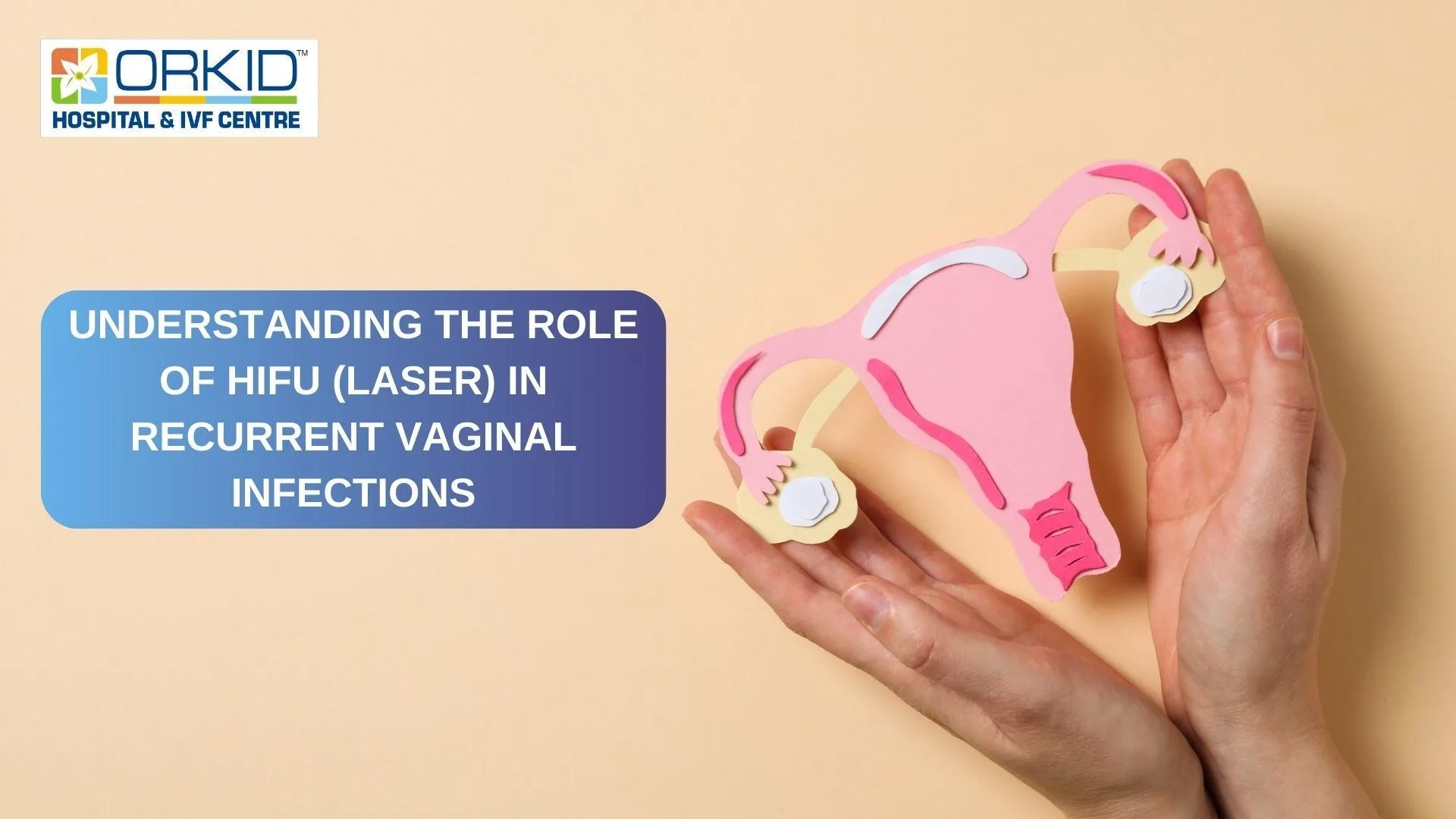Navratri Pregnancy Care Tips By Dr Kajal Mangukiya
Navratri, the vibrant nine-night festival celebrating the divine feminine, is a time of joy, devotion, and tradition. For expectant mothers, this festive season brings unique considerations. Expecting a baby is no reason to stop enjoying this festival. Dr Kajal Mangukiya, one of the Best Gyno in Surat, helps you in prioritizing your health and your growing baby’s well-being in this blog. With these essential pregnancy care tips expecting mothers can embrace the Navratri spirit safely and comfortably.
Cherish Motherhood this Festive Season
Mindful Movement
Garba and dandiya raas are popular Navratri activities. While gentle exercise is beneficial during pregnancy, take precautions:
1. Consult your doctor, or any of the best gynos in Surat, about safe activity levels.
2. Opt for slower-paced dances and take frequent breaks.
3. Stay hydrated and listen to your body — stop if you feel tired or uncomfortable.
4. Wear comfortable, non-slip footwear.
If vigorous dancing feels risky, consider participating by clapping or playing small instruments while seated.
Rest and Relaxation
Festivals can be hectic. Prioritize rest:
1. Maintain a regular sleep schedule.
2. Take short naps during the day if needed.
3. Find quiet moments for relaxation and meditation.
4. Don’t feel pressured to attend every event — it’s okay to celebrate from home.
Dressing Comfortably
Traditional Navratri attire is stunning but prioritize comfort:
1. Choose breathable fabrics like cotton.
2. Opt for looser-fitting garments that accommodate your growing belly.
3. Wear comfortable, low-heeled shoes.
4. Consider alternatives to heavy jewelry that might cause discomfort.
You can still look festive while prioritizing your comfort and safety.
Environmental Awareness
Large gatherings and loud music are common during Navratri. Our fertility specialist, Dr Kajal Mangukiya at Orkid Hospital, the best IVF centre in Surat, advises you to:
1. Avoid overly crowded spaces to reduce the risk of falls or overheating.
2. If attending events, choose venues with good ventilation.
3. Be mindful of loud music, which some research suggests may affect fetal development.
4. Consider celebrating during quieter daytime events.
Mindful Fasting
Fasting is a significant aspect of Navratri, but pregnancy requires consistent nutrition. If you choose to fast:
1. Consult your doctor: Always seek medical advice before altering your diet.
2. Stay hydrated: Drink plenty of water, coconut water, and fresh fruit juices.
3. Choose nutrient-dense foods: Opt for fruits, nuts, and dairy products during eating windows.
4. Listen to your body: If you feel weak or dizzy, break your fast immediately.
Experts from one of the best IVF hospitals in Surat, Orkid Hospital, remind you that there’s no religious obligation to fast during pregnancy. Your health and your baby’s development take precedence.
Balanced Nutrition
Even if not fasting, focus on a well-balanced diet:
1. Include protein-rich foods like paneer, yogurt, and legumes.
2. Consume plenty of fruits and vegetables for essential vitamins and minerals.
3. Don’t skip meals, especially breakfast.
4. Avoid raw or undercooked foods common during festivals.
Spiritual Connection
Navratri offers beautiful opportunities for spiritual growth:
1. Practice gentle prenatal yoga or meditation.
2. Engage in quiet prayer or chanting.
3. Read inspiring spiritual literature.
4. Create a peaceful altar at home for personal worship.
These practices can reduce stress and promote a sense of calm for both you and your baby.
Emotional Well-being
Pregnancy can be an emotional time, and festivals may intensify feelings:
1. Communicate openly with your partner and family about your needs.
2. Don’t hesitate to set boundaries if you’re feeling overwhelmed.
3. Connect with other expectant mothers for support and shared experiences.
4. Practice gratitude and mindfulness to enhance your emotional state.
Navratri and New Beginnings
Embrace the symbolism of Navratri as a celebration of new beginnings:
1. Use this time to connect deeply with your growing baby.
2. Participate in gentle rituals that feel meaningful to you.
3. Start a pregnancy journal, perhaps incorporating elements of the Navratri story.
4. Reflect on the strength and power of the feminine divine as you experience your own journey into motherhood.
Navratri Pregnancy Care Tips from Dr Kajal Mangukiya
Navratri is a beautiful time to celebrate life, and your pregnancy adds an extra layer of magic to the festival. By following these care tips from Dr Kajal Mangukiya, one of the best gynaecologists in Surat, you can fully embrace the spirit of Navratri while ensuring the health and well-being of both you and your baby. Remember, every pregnancy is unique, so always consult with your healthcare provider for personalized advice. May this Navratri bring you abundant blessings, joy, and a deepened connection to the miraculous journey of motherhood.










